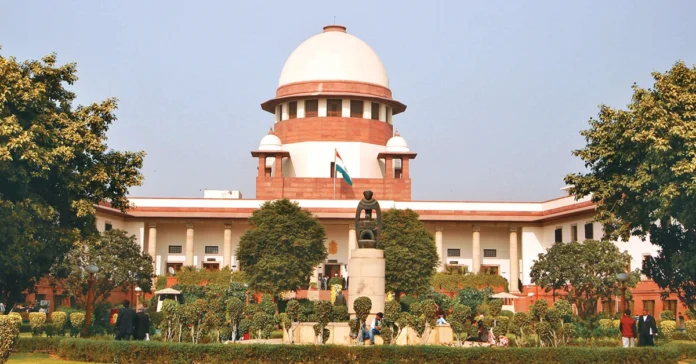Noting that Article 14 of the Constitution could not be used to perpetuate illegality, the Supreme Court recently held that a person could not claim equal treatment based on an illegal benefit conferred to someone else.
The order was recently passed by the Bench of Justice Abhay S Oka, Justice Ahsanuddin Amanullah and Justice Augustine George Masih on a petition seeking compassionate appointment.
The petitioner contended that his father died in 1997, when he was a seven-year-old boy. He applied for compassionate appointment in 2008 after attaining majority. However, the Haryana Government rejected the claim citing the 1999 policy that introduced a three-year limit after an employee’s death.
He argued that many similarly-situated persons were given compassionate appointments, despite their time-barred applications.
The Bench rejected this argument and held that if a wrong benefit had been conferred or some benefit contrary to the scheme had been granted, it would not bestow a right upon the others to claim it as a right of equality by giving a reference to Article 14 of the Constitution of India.
The verdict, authored by Justice Masih on behalf of the Bench, contended that the very idea of equality enshrined in Article 14 was a concept clothed in positivity based on law. It could be invoked to enforce a claim having sanctity of law.
No direction could be issued mandating the State to perpetuate any illegality or irregularity committed in favour of a person, an individual, or even a group of individuals, which was contrary to the policy or instructions applicable, it added.
The top court of the country observed that passing of an illegal order wrongfully conferring some right or claim on someone did not entitle a similar claim to be put forth before a court. Besides, a court was not bound to accept such plea, noted the Bench, adding that it could not an authority to repeat that illegality over again.
If such claims were entertained and directions issued, that would not only be against the tenets of justice, but negate its ethos resulting in the law being a causality culminating in anarchy and lawlessness.
The Apex Court could neither ignore the law, nor overlook the same to confer a right or a claim that did not have legal sanction. Equity could not be extended. It was too negative to confer a benefit or advantage without any legal basis or justification, ruled the Bench.


